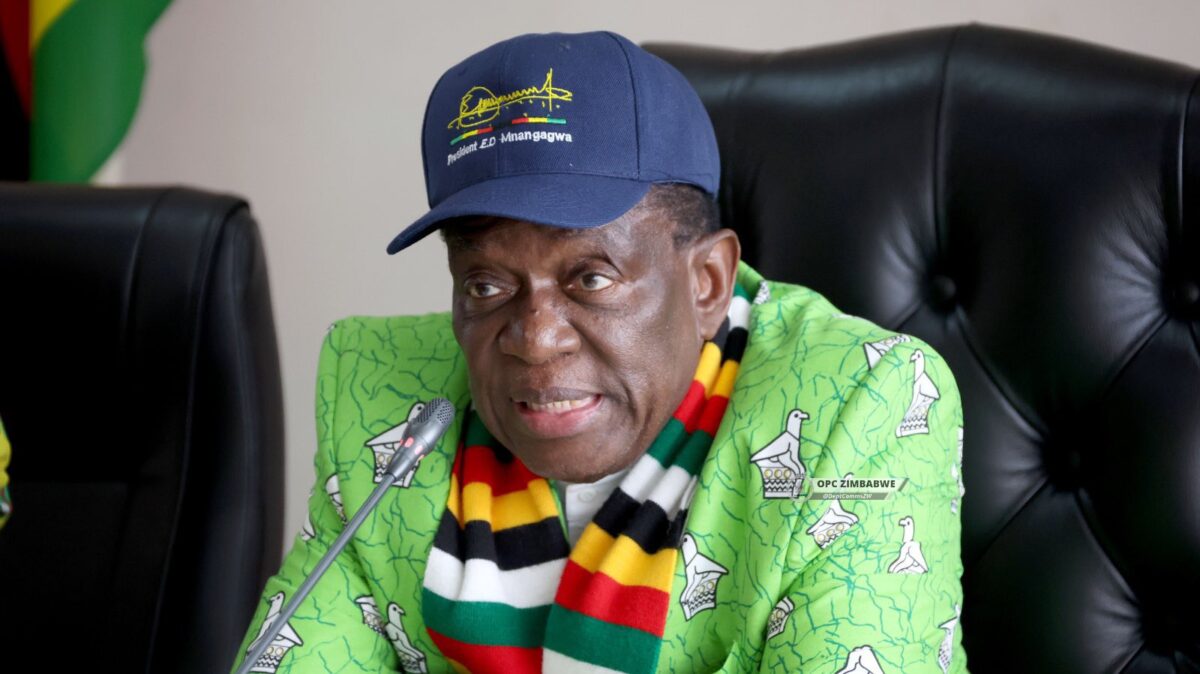BULAWAYO – Vice President Constantino Chiwenga on Wednesday threatened businesses doing trade on the black market and raising the cost of basic goods and services, equating their actions to terrorism and insinuating that they could be shut down.
Chiwenga admitted that the new RTGS currency launched in February and allowed to float on the interbank market after abandoning the discredited 1:1 peg with the United States dollar had so far failed to ease demand for foreign currency.
Most foreign currency is being traded on the parallel market, and businesses are abetting the practise by offloading RTGS dollars to “speculators” thereby increasing their own cost of doing business which they were now passing onto the consumer, Chiwenga told business executives in Bulawayo on the second day of the country’s biggest trade showcase, the Zimbabwe International Trade Fair.
“We would want to make this warning today. Those who’re doing this exercise, we already know. If one tries to practise financial terrorism in Zimbabwe, we will react appropriately and no-one should cry that he has not been treated fairly,” Chiwenga bristled, as Finance Minister Mthuli Ncube looked on.
“Last year, you wrote to me in November that you wanted this interbank. In December last year I met business leaders at Rainbow Towers in Harare together with the minister of finance and said why are you ambushing us? Nevertheless, we were quick enough and by February you were granted.”
But Chiwenga said instead of the interbank trade ushering in some measure of financial sector stability, and businesses supporting the trade by banking their foreign currency earnings under new foreign currency accounts introduced by the central bank, the situation had only got worse.
“It has gone upside down. Others coming to say we will make sure this will not work. No, it will work, you will not work,” said Chiwenga in comments interpreted as a threat to shut down businesses raising prices and those seen as fuelling the parallel market forex trading.
Chiwenga spoke as the government-owned mobile network NetOne raised the price of data by over 300 percent.
Millers last week raised the price of the staple maize meal, as bread prices also almost doubled to $3.50 per loaf.
The RTGS has weakened to about 3.1 to the US dollar on the interbank market, while the parallel market rate has surged to 4.5.
Said Chiwenga: “As responsible and patriotic citizens, we should ask ourselves whether our actions are in the best long-term interests of the nation as a whole as we partake in parallel market activities. The recent and continuing spate of increases in the prices of basic commodities cannot be explained by cost push factors but is driven by speculation originating from the parallel market. We can’t do that. You raise the parallel market by one digit, then every other commodity must be raised. What kind of economics is that?
“Those who have been practising this, all I can say is, if you are Zimbabwean, return that money quickly back so that we can treat you with kid gloves but if you want hard gloves, we know how to do it.”
He demanded that businesses and labour should “own” the government’s economic revival strategy by “taking the pain”.
“The market-based framework for the determination of the exchange rate is expected to facilitate financial sector stability, contain inflationary pressures and build public confidence. These objectives will not be attained if individuals and corporates continue to sustain the parallel market through their underground activities,” said Chiwenga.
“It’s now time we engage and openly discuss why as a nation we continue to experience foreign currency shortages yet our foreign currency earnings exceed those of other countries that are not experiencing the same phenomenon.
“Some of the reforms will no doubt be painful, but are unavoidable because without them our economic fortunes can only become worse. Successful turnaround to improve the living standards of our people requires that we remove existing market distortions, which undermine consumer welfare through rampant arbitrage.”
In the past week, President Emmerson Mnangagwa, his information minister Monica Mutsvangwa and deputy information minister Energy Mutodi have all warned businesses that they government may be forced to introduce price controls to protect consumers, which economists warn will trigger an economic disaster.
















